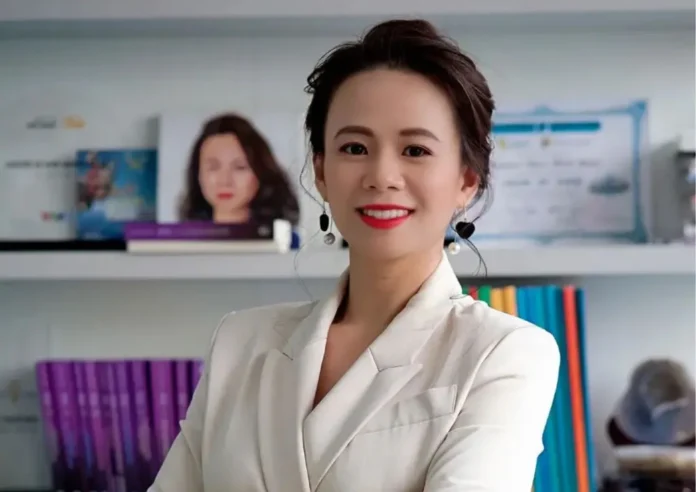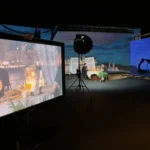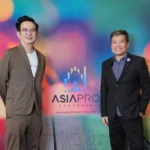In a world that thrives on technology, many young learners struggle to keep pace. Emme Dao Lan Huong, founder of Teky Academy and speaker at Edtech Asia 2024, recognizes this challenge and is on a mission to bridge the gap in digital literacy through STEAM education. With nearly 20 years of experience in the IT…
RELATED ARTICLES
© NewInAsia.com 2025








